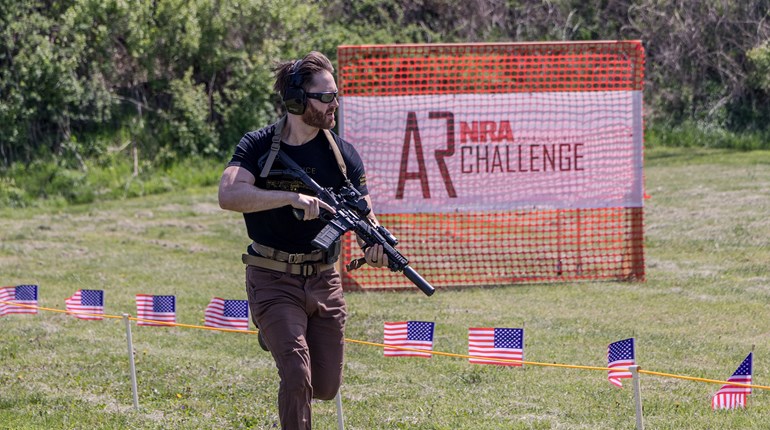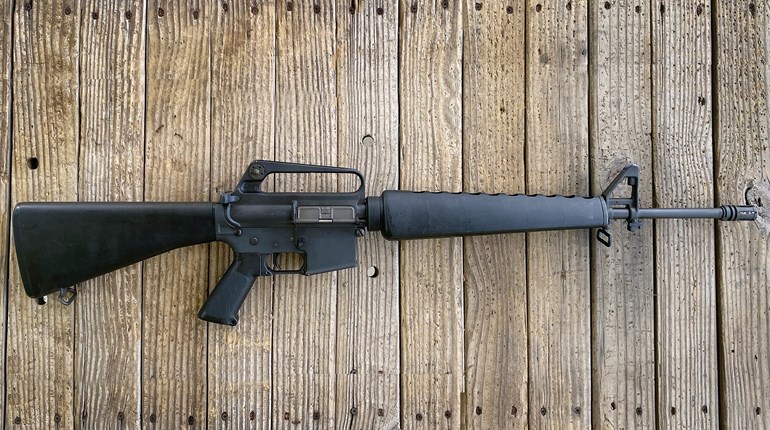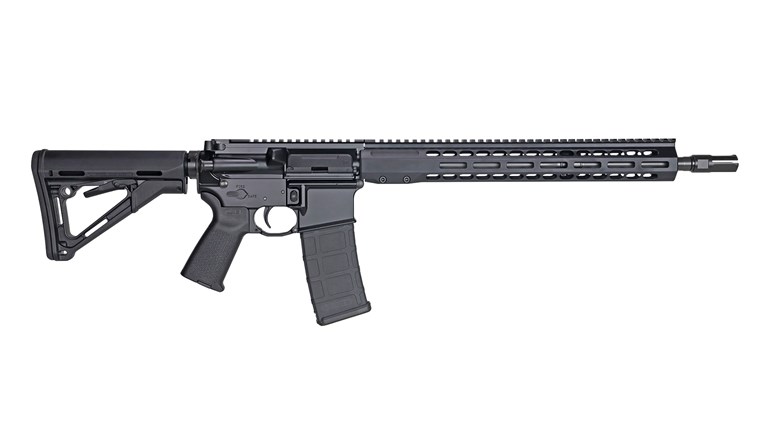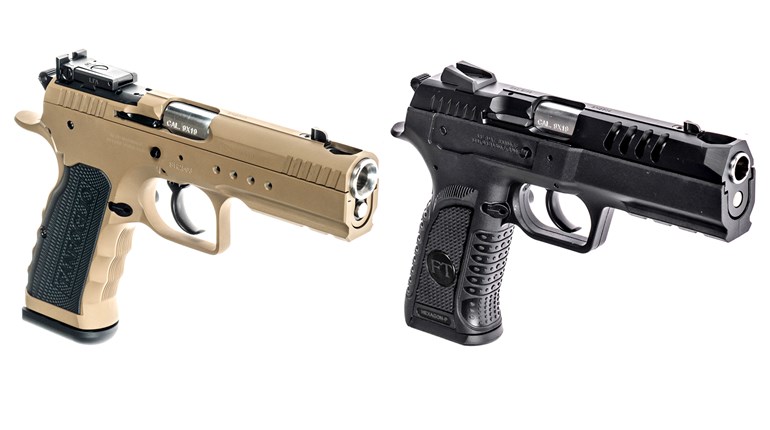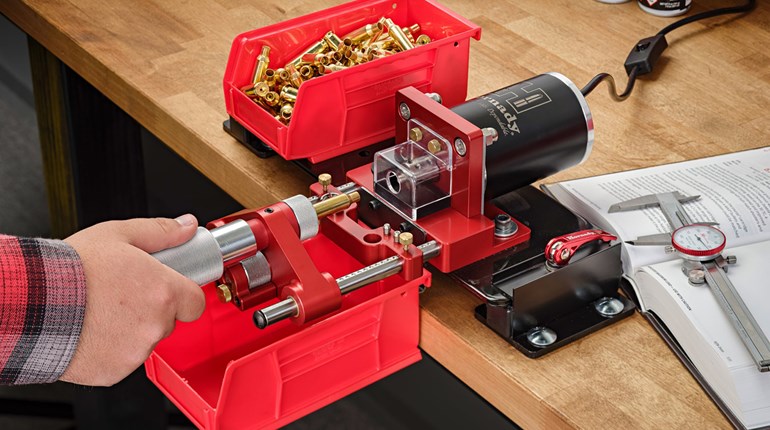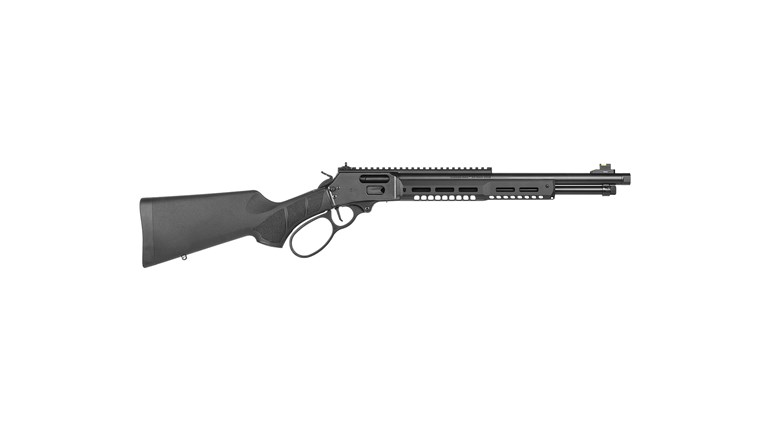
Once upon a time, I had a really cool job. I got paid to sleep under the stars in exotic locations and usually had state-of-the-art firearms with me at all times. I flew around in (and on) all sorts of aircraft and was often allowed to slide down ropes or parachute from them. I could burn calories on massive obstacle courses or blow big things into little things with whatever explosive devices I took the time to construct. But the best part of all is that whenever I was away from my employer and needed something, all I had to do was retrieve it from the mobile equipment containment system that was never much beyond arm’s reach.
Some people would call that a rucksack and would say I was just a lowly infantryman and, of course, they would be right. Despite always seeking jobs that put me far out in front of anything that remotely resembled a supply system, I still managed to have a good bit of fun in between the occasional suck-fests that dotted more than two decades of grunt life. You don’t last long in that world without getting real smart about what you carry and how you carry it.
One of the tricks of the trade for field troops is to fill every nook and cranny of your “kit” with the things you will need, may need or hope to never need. I remember a guy from my paratrooper days who stuffed the cleaning kit compartment in his M16A2’s buttstock with leaf chewing tobacco. He didn’t fill it with the foil packages—he literally jammed loose leaf into the truncated compartment until he could barely close the trapdoor on the buttplate. It was always fun when, at the end of a couple weeks, we got to watch him dig out the last chews with a rifle cleaning rod section.
A more practical storage spot in the M16 family is the hollow pistol grip. Since most of my U.S. Army time found me carrying rifles and carbines with IR lasers, gun-lights and illuminated reticle riflescopes, spare batteries were high on my list of things to have in triplicate. I almost always had a pair of CR123s and a CR2032 disc battery stashed in my pistol grips. There were no aftermarket grips available to us in those days and practical trapdoor covers didn’t exist in our realm. We used strips of 100 mph tape arrayed in such a way that we could get our batteries out very quickly and by feel. The tape would last a couple months before needing to be replaced, which made for a good interval to trade out the batteries too.
Thankfully we are way better off today with many commercial options for storage-type pistol grips and forward vertical grips fitting a variety of modern sporting rifles on the aftermarket. As a gun builder I keep a wide variety of parts in my shop from which to draw as needed. A quick inventory yielded no less than 27 different pistol grip models in my parts bins and of those, 21 have closed storage compartments. These vary widely in design and functionality. Certain models are not specifically designed to hold items and are known to pop open if weighty items are left inside during hard movement or heavy recoil. Other grips from Magpul, Bravo Company Manufacturing, TangoDown and Mission First Tactical use doors that either snap or wedge into place to hold their contents securely.
So what should you put in your pistol grip? The answer depends more on how you intend to use your rifle than anything else. If it’s only ever going to be a range plinker, a spare set of earplugs and maybe some DEET-soaked wet-wipes will come in handy. Safe-queens may benefit from nothing more than a small soft brush and oil bottle to encourage regular, anti-corrosion wipe-downs. But for the bulk of us who regularly use our firearms as tools, more practical items will come in handy. Spare batteries are never a bad thing and I’d assign priority to the most critical battery-powered device on your rifle above all else. If you have an optic mounted that does not have an etched or wire reticle (i.e. a red-dot or reflex sight) and no backup sights, spare batteries for the optic are going to be very important.
If backup batteries for a sighting system are not critical for your rifle setup, I think the next-most important spares on the good-to-stow list would be critical spare parts like an extra extractor, extractor pin, firing pin and firing pin retaining pin for an AR-style rifle or carbine. You can adapt that list to your own rifle type based on parts size and ease of maintenance in the field.
Many adjustable gas blocks in use today require some sort of tool to reduce or increase gas flow into a semi-auto’s operating system. A shortened hex wrench or small flat blade can usually be held in a pistol grip so that immediate adjustments in the field are possible. Back in the pre-QD scope mount days I kept a small, stamped-steel 1/2-inch open end wrench in the grip of my sniper rifle so that I could remove my scope to access my irons in the field. Gerber and Samson Manufacturing offer handy multi-tools that fit into some AR and AK-type aftermarket grips. Magpul offers multiple grip cores for certain pistol grip models in their extensive line. These cores are designed to hold an oil bottle, a spare 5.56-sized AR bolt and firing pin, or a pair of AA or CR123 batteries, depending on the model chosen.
I had several teammates who kept their favorite “Lickies and Chewies” in their grips for those times when the snack monster just could not wait for the next halt in movement. I may or may not have been one of those guys from time to time. Some folks put a small number of spare rifle rounds into their grips, I guess in preparation for the possibility of a “down to the last round” situation. Grip cores that hold a few 5.56 mm cartridges are available for this purpose.
Whatever items fill your grip, take care to protect them. Pad items to keep them from rattling and use a small zip-closure bag to keep everything dry. If your grip’s trapdoor likes to pop open, add a little 100 mph tape as insurance just to be safe. Oh and in case you’re wondering, the number of bite-sized Tootsie Rolls that will fit loosely in a standard A2 pistol grip is eight. More if you warm them up and really pack ‘em in.











